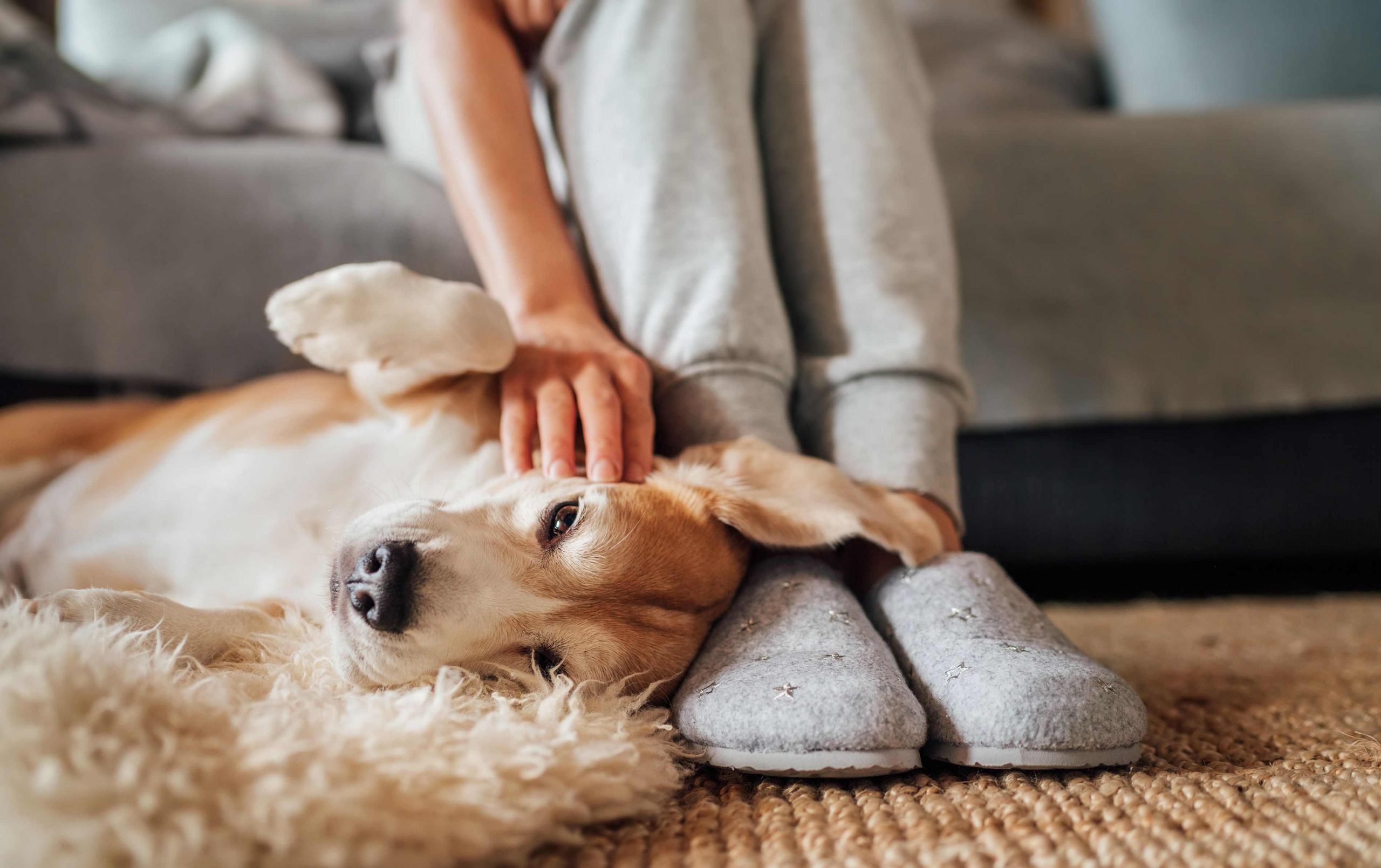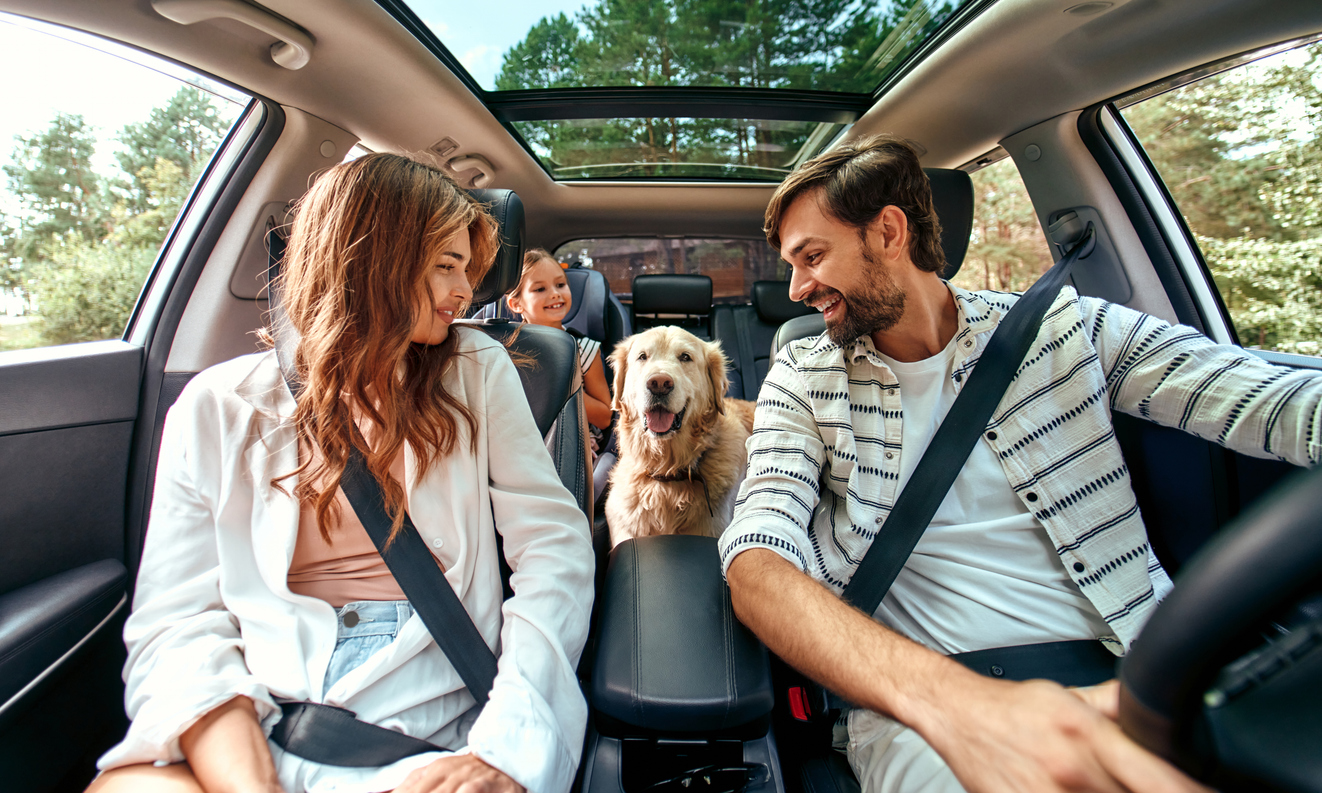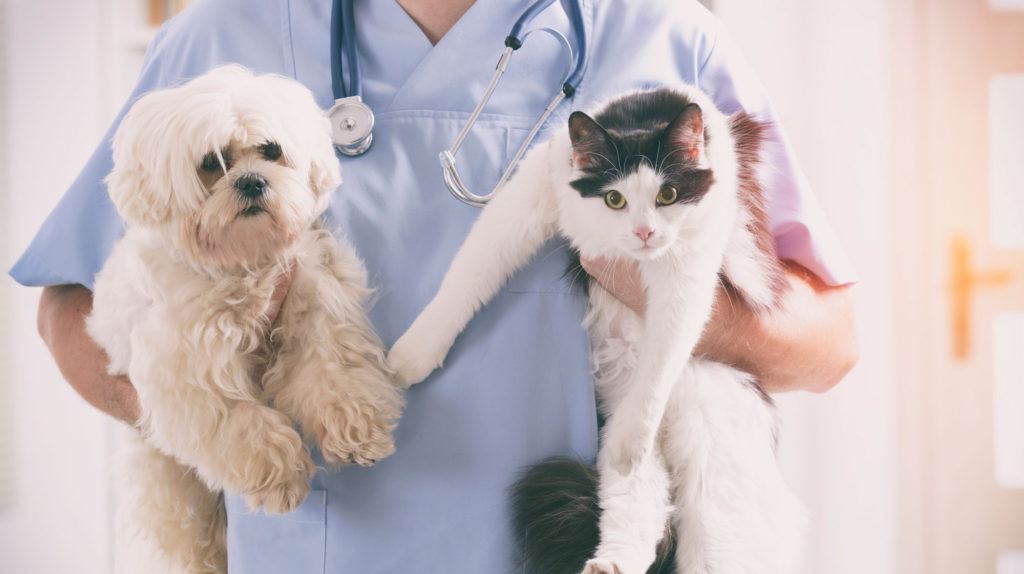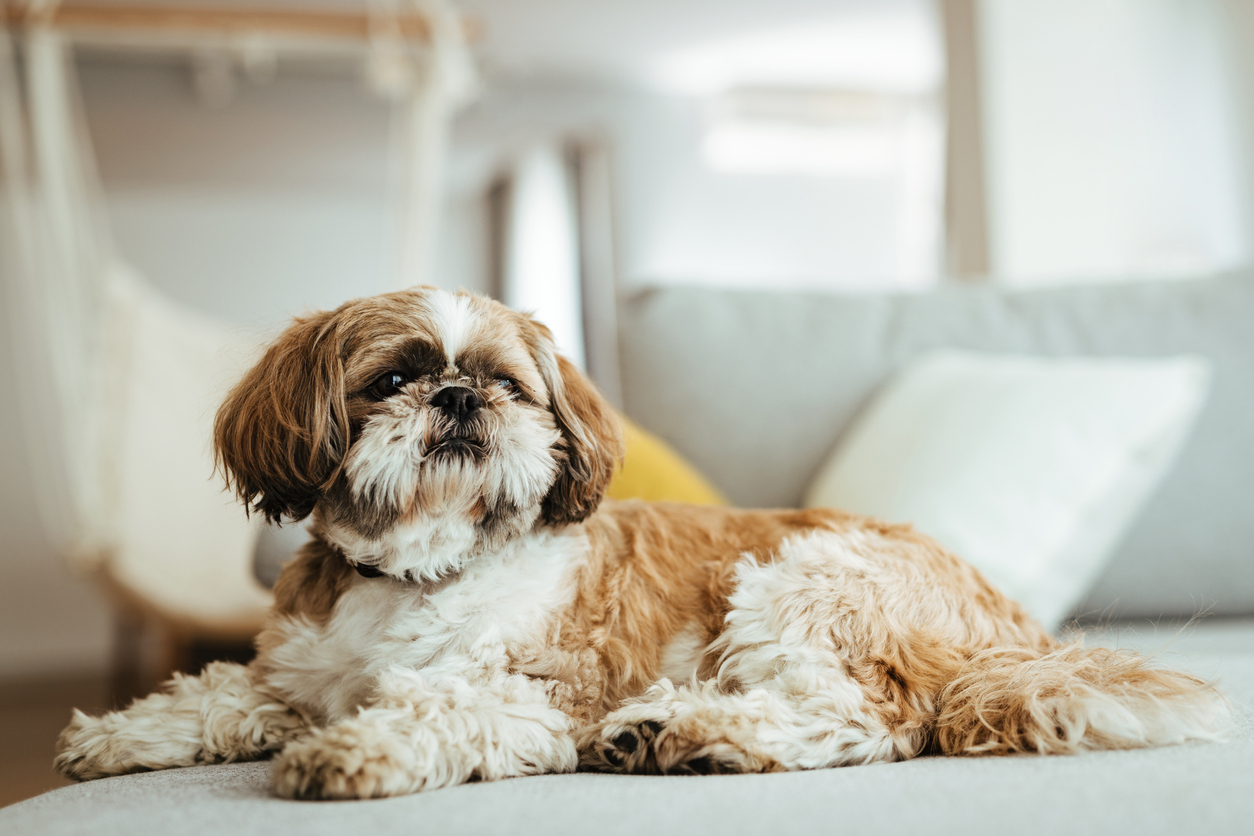Adding a pet to your family can be a rewarding experience, but it's important to…

Pet Separation Anxiety
Helping your pet cope with separation anxiety as humans return to work
Animal shelters across the country are emptying out and reporting record numbers of dog and cat adoptions thanks to the pandemic and people having a lot more time at home. While it’s amazing that people are choosing to adopt during this time, we are starting to see an increase in pet separation anxiety as people are starting to return to work.
While our pets have brought us comfort and companionship during isolating times at home, we have brought the same to our pets. There’s the big, goofy labrador that follows their owner everywhere and the kitten that enjoys curling up on the couch with theirs.
What are pet owners to do as time spent at home begins to reduce from the amount it was at this past year?
Sudden Changes in Routine
A sudden change in routine, such as suddenly being alone for many hours every day, is a major cause of separation anxiety for both dogs and cats. Separation anxiety can be exhibited as excessive pacing, barking, howling, going to the bathroom around the house, destroying household items or furniture, and also extreme clinginess when your pet realizes you are getting ready to leave. Seeing our pet upset and stressed also does not make us feel good either, especially if you are coming home to a mess every time you leave the house.
Separation anxiety is not your pet acting out in spite of you leaving. They are not trying to teach you a lesson or get revenge. It’s their way of signaling they are in extreme distress. Punishment is NEVER the answer. They will not connect the punishment with their behavior and this could only increase your pet’s anxiety and stress.
Praise is also not the answer either when your pet is experiencing separation anxiety. You want to create a neutral environment so your pet is able to be okay with being alone.
What To Do If Your Pet is Experiencing Separation Anxiety
If your pet is experiencing any separation anxiety, first talk to your vet so they can examine them and rule out any actual medical issues that could be causing behaviors. Next, make sure your pet gets plenty of exercise and mental stimulation before you leave the house. Your pet being tired and worn out may allow them to be more relaxed when you’re gone.
When you go to leave, treat your absence like it’s no big deal. Making a fuss over your exit will encourage your pet to do the same. If you treat leaving like your routine, your pet will learn to do the same.
When you know your time away from home is going to increase, practice leaving for shorter periods of time and gradually increase that time to slowly get your pet adjusted. Boredom can also make anxiety worse, so make sure your pet has safe toys to play with while you’re gone. Puzzle toys stuffed with treats are a great way to occupy your pet. There are even cameras you can set up to interact with your pet remotely (and dispense treats too!).
In severe cases, when the animal is at risk of harming themselves or causing property damage, medication may be necessary. Medication can help reduce their anxiety so they can learn coping habits.
Just remember, be patient and understanding! Your pet is trying to figure all of this out just like we are.
As with everything when it comes to your pet, we recommend you always speak with your veterinarian directly about any concerns or questions you may have.



